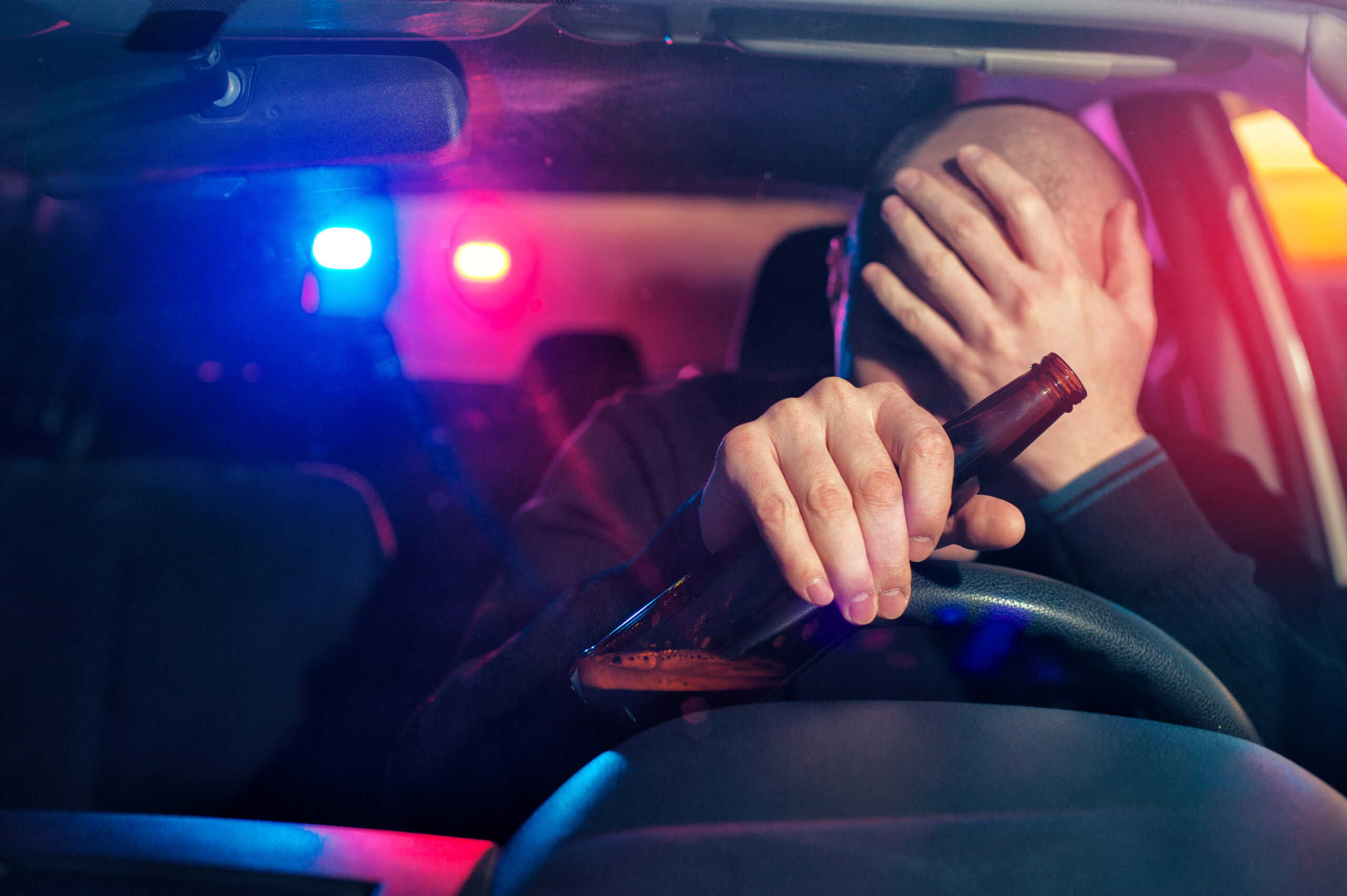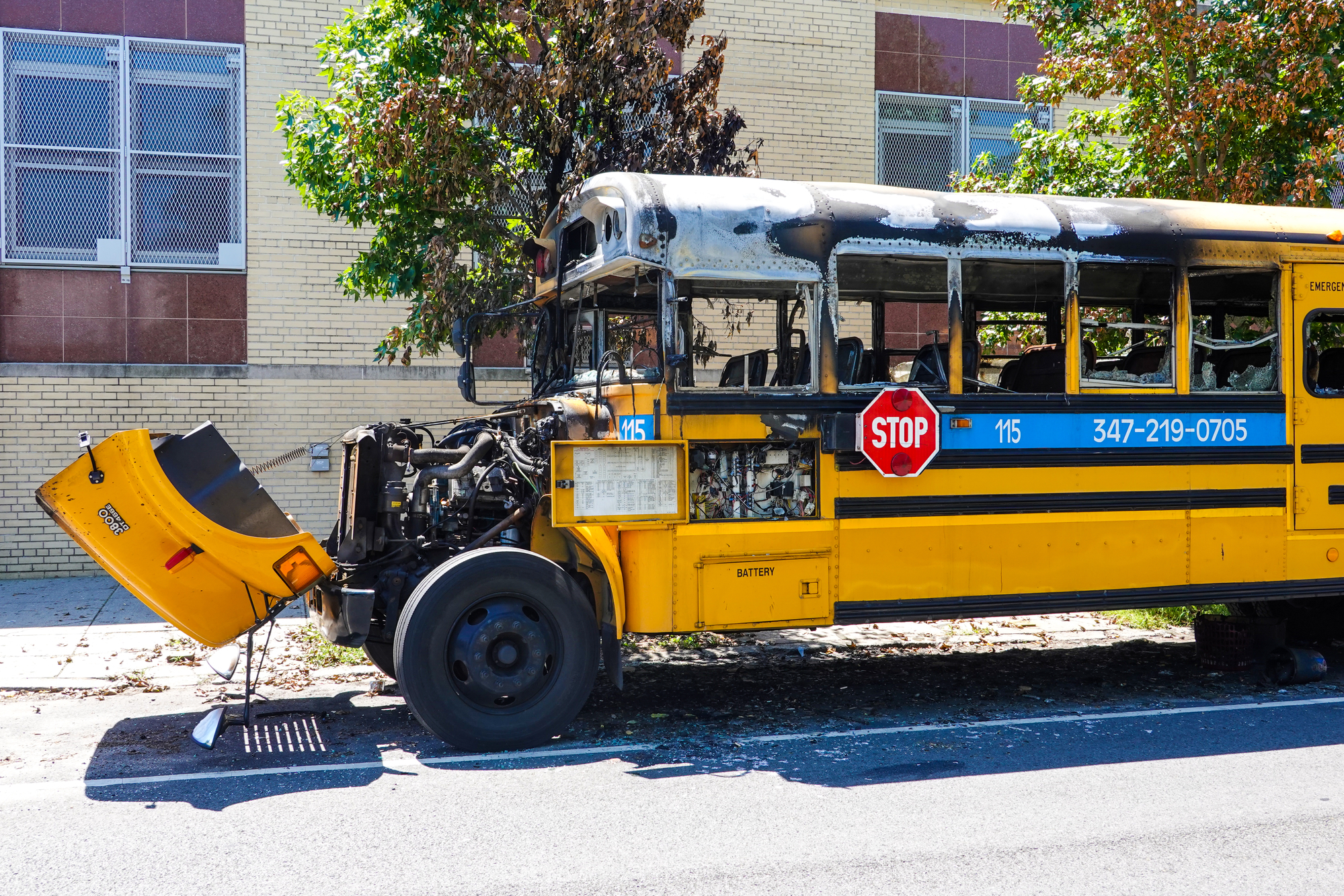What Does a DUI in Texas Consist Of?
You may have heard the term DUI or DWI and wondered what the difference was. You are not alone. Most states have both charges and related penalties, and it can be challenging to decipher between the two. DUI, or Driving while under the influence, is reserved for those under the age of 21. If they are not yet legal drinking age and are found to be intoxicated while driving, the charge and associate penalties are different than had they been 21 when the traffic stop occurred.
According to Texas state statutes, motorized vehicles and boats are included in DUI charges. “A minor commits an offense if the minor operates a motor vehicle in a public place or a watercraft while having any detectable amount of alcohol in the minor’s system.”
Consequences of a DUI for Minors
Typically, the state will need to provide clear evidence of the level of alcohol in the defendant’s system to ensure they have passed the threshold and, therefore, should receive a charge. In the case of a minor, they only have to prove that there was a detectable amount of alcohol in the minor’s system, which can lead to a Class C misdemeanor or more.
Additionally, a DUI can result in fines of up to $500 and a suspended license of up to 60 days. Minors typically aren’t penalized with jail time due to their age as long as there aren’t aggravating factors, according to the judge.

You may be required to commit to 20-40 hours of community service in addition to the above consequences, and you may be required to attend alcohol classes.
If the minor has had prior offenses, if their BAC level was significantly high, or if they were under the influence of any illegal drugs at the time of the arrest, the charge may be elevated to a DWI, which comes with much more significant penalties.
What if My Charge Was Elevated to a DWI?
If your charge included aggravating factors or previous charges, you may have had the charge elevated to a DWI. In this case, the penalties can be a result of a Class B misdemeanor, which means you may face up to 72 hours in jail and more time if you were found with an open container.
You may also face fines of up to $2,000 that you will have to pay, as well as losing your license from 90 days to up to one year. In some cases, even if you are acquitted of the DWI, you may still lose your license due to the BAC level from a urine, blood, or breath test.
Further Consequences
You may be placed on probation for your first (and subsequent) DWI offense. Probation can range in length and typically requires regular visits and check-ins and may include random drug testing throughout the probation term.
You may also be required to attend special alcohol or drug classes teaching you the harm that substances can cause and how to manage any dependency issues you may be concerned about.
It’s important to note that if you don’t follow through with these programs or probation as required, you may lose your license for longer.
Also of importance is that if you wish to appeal the loss of your license, you have a strict timeline in which to do so. Generally, this timeline is 15 days from the time that you were made aware of the restricted license. Discuss this with your experienced attorney to ensure that you have all applicable opportunities available to you.
Escalated Charges
If you are charged with a 2nd or 3rd DWI, the charges may be much more significant. For example, if you are charged with a 2nd DWI, this may result in a Class B misdemeanor, which may require a fine of up to $2,000 and up to 180 days in jail. The jail time typically doesn’t apply to minors, but if the defendant is over the age of 17 and not yet 21, they may face time in jail.

If there were children in the car, this is considered an aggravating factor and can lead to much more significant penalties. For example, if you are found driving while inebriated with a child in a vehicle that is under 15, the charge increases to a felony and you could face penalties such as fines of up to $10,000 and suspension of your license for up to 180 days. You may also face time in jail of 180 days up to two years in prison. These penalties apply even if it’s your first offense with a child present.
A third DWI charge is considered a felony by the state of Texas. If convicted, you can face up to ten years in jail and fines of up to $10,000.
Your Fierce and Tireless Advocate
If you or your child were charged with a DWI or DUI, it’s essential to seek professional legal guidance immediately. You may have a tight timeline to challenge the suspension of your license, and at the very least, you will want to align yourself with a capable advocate who can help protect you and your family.
Contact our office at (713) 999-6549 to learn more about how we can best assist you and your family moving forward. We have many years of experience in protecting our clients and ensuring that they get the best outcome they can and move forward to the next chapter of their lives.

 713-999-6549
713-999-6549




